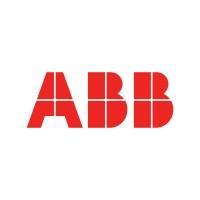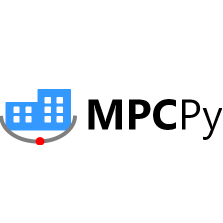
AVEVA APC
AVEVA APC revolutionizes advanced process control through model predictive technology, enhancing manufacturing profitability. It optimizes production by improving yield and quality while minimizing energy consumption. With integrated tools for analyzing process behavior and dynamic model control, it seamlessly adapts to complex manufacturing environments across various industries, ensuring operational excellence.
Top AVEVA APC Alternatives
ABB Ability System 800xA
The ABB Ability System 800xA integrates multiple functionalities, serving as a Distributed Control System, Electrical Control System, and Safety system.
Aspen DMC3
Aspen DMC3 revolutionizes how energy and chemical companies manage operations, combining advanced process control with AI-driven insights.
Model Predictive Control Toolbox
Model Predictive Control Toolbox™ equips users with functions, an app, and Simulink® blocks for effective model predictive control (MPC) development.
Apromon
APROMON is a cutting-edge online software solution designed for real-time monitoring and diagnostics of PID control loops and advanced process controllers.
MPCPy
MPCPy serves as a robust Python package designed for implementing occupant-integrated model predictive control (MPC) in building systems.
COLUMBO
COLUMBO is an advanced closed-loop universal multivariable optimizer for Model Predictive Control (MPC) that enhances control system performance by utilizing AI-driven algorithms.
Pitops
Utilizing an AI-driven algorithm, it optimizes PID and APC parameters, enhancing control and product quality...
Cybernetica CENIT
By utilizing mechanistic models, it adeptly manages multivariable systems and optimizes performance under constraints...
INCA MPC
By predicting plant behavior and adapting to disturbances while considering operational constraints, it maintains the...
Top AVEVA APC Features
- Model predictive control capability
- Comprehensive control solutions
- Automatic control systems
- Dynamic model-based control
- Multiple model application
- Online gain scheduling
- Integration with major DCS
- PLC compatibility
- Real-time process response testing
- Statistical signal analysis tools
- Cross correlation analysis
- Power spectrum density analysis
- Tighter control of process variables
- Economic performance optimization
- Maximize throughput identification
- Minimize energy consumption
- Reduced disruption during operations
- Compliance with industry standards
- Enhanced production yield
- Improved quality assurance








